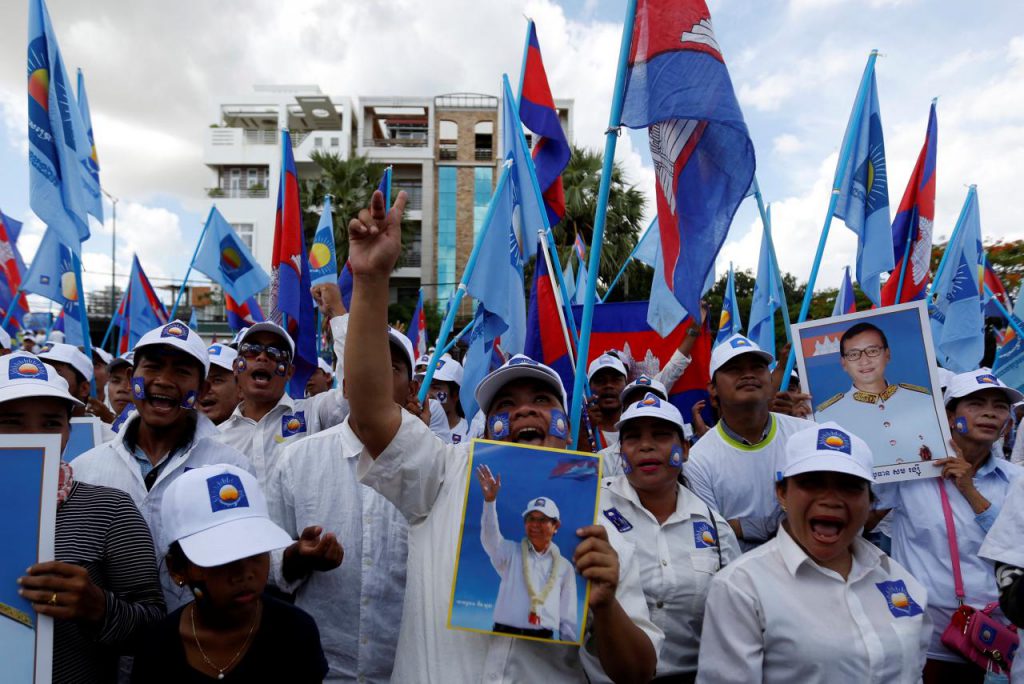The Cambodian People’s Party (CPP), under Prime Minister Hun Sen’s leadership, secured 120 out of 125 parliamentary seats in the recent elections, capturing 96% of the contested seats.
Preliminary results reported by the Electoral Committee show that, with 98.3% of votes counted, the CPP garnered 82.3% of valid ballots, translating to over 6.2 million votes from a total of 8.2 million.
Progressively over the past decades, Hun Sen has carefully engineered electoral rules to maintain control over both the judiciary and the National Election Committee.
This has allowed him and the ruling party to sweep out opposition members and silence opposing voices.
That is why this dominant outcome was anticipated following the disqualification of the primary opposition, the Candlelight Party, last May.
Other opposition parties lacked sufficient traction to pose a challenge to the CPP, which has been in power since 1985.

The royalist Funcinpec party, led by Prince Norodom Chakravuth, gained 9.2% of votes, securing five seats.
Around 5.7% of ballots were invalidated, equating to approximately 432,000 votes, surpassing votes received by the other 15 participating political entities.
Some Cambodians marked their ballots with a large “X”, despite warnings from local authorities against election boycotts.
Several international organizations, specializing in electoral processes, critiqued the lack of representative opposition, biased Electoral Committee, and stifling of independent media, arguing that these factors compromised the election’s integrity.
In response, the United States announced non-recognition of the election results and called for Cambodia’s return to democracy.
They further initiated a pause in certain cooperation programs and visa restrictions for individuals seen to undermine democracy.
Hun Sen, the longest-serving president in Asia, plans to eventually pass his leadership to his son, Hun Manet, who recently began his political career leading the CPP in the nation’s capital.
He is a four-star general in the Cambodian Army and a graduate of the U.S. military academy at West Point.

